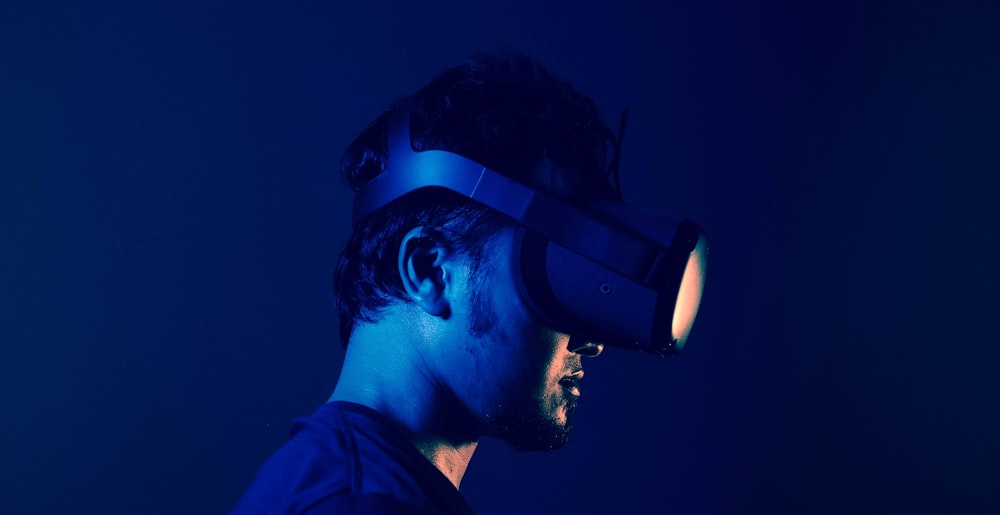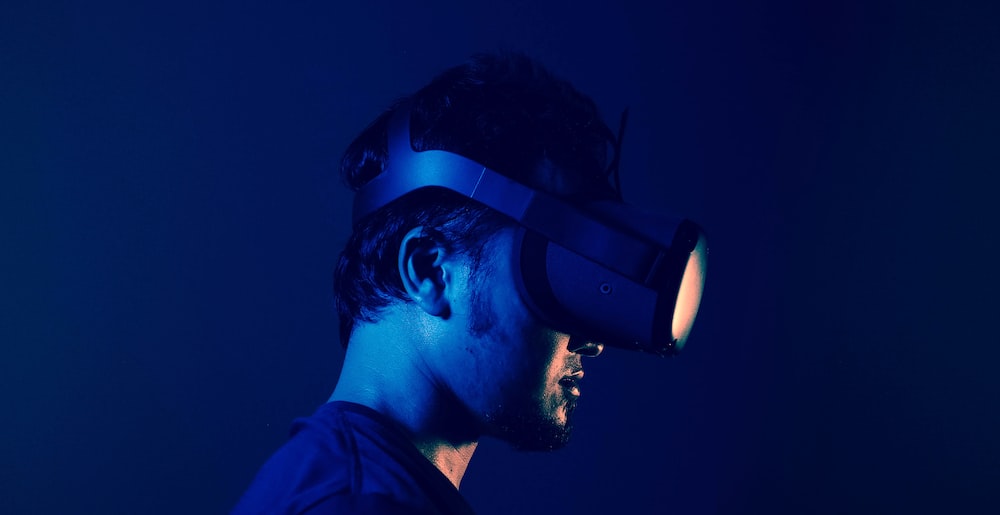
At the beginning of February, Doom creator John Carmack lamented the fact that some games are being killed off without much respect for their existing user base. While he was referring specifically to the zero-gravity sports game Echo VR, which had a sufficiently large audience to attract 17,000 petition signatures, the id Software founder could have been talking about any of several franchises now buried beneath somebody’s patio.
“Sunsetting”
In 2022 and early 2023, plenty of titles and services were either terminated or put on life-support, including Google Stadia, Tera Online, Overwatch, Project Cars 1 and 2, Mirror’s Edge, five Unreal Tournament games, three Medal of Honour entries, and ten EA Sports games. Many of these lived and died naturally, with Tera Online lasting more than a decade in the MMO space.
However, this practice, now known as “sunsetting”, does sometimes take its victims too early. For instance, Apex Legends Mobile was recently terminated by EA and Respawn less than a year after its debut in May 2022. The same thing happened in January to Square-Enix’s Final Fantasy VII: The First Soldier, a battle-royale game that lasted 14 months on iOS and Android before its Japanese creator pulled the plug.
The First Soldier reportedly found more than 1m players in its first two days so it’s reasonable to assume that it had a moderately active user base at its time of death. Apex Legends did have growing problems with non-player combatants (i.e. bots), which hinted at some wider issues. However, getting rid of something that people may have spent real money on seems cynical at best.
Risky IPs
It doesn’t have to be this way. Lots of entertainment industries manage to keep their material living for decades. Hollywood is the obvious example, but casino and bingo companies also keep a stock of games made up of both new and classic experiences. The Rainbow Riches slots on the Buzz Bingo site have been in circulation since 2008 yet they’re still considered one of the most popular casino games on the web. The aesthetics remain unchanged (if not improved), as well as bonus features and prizes that are available to both new and existing players.
Notably, slots require an internet connection to remain functional, which is the major issue that arises when video games are “sunsetted”. There have been lots of stories about even single-player games that don’t work at release because a server has been overwhelmed. By extension, this also means that they won’t work when developer support ends, leaving gamers with something that just takes up hard-drive space.
The need for every game to “work at some level” without constant support, to quote Carmack, as games should do, ought to be a paramount concern for publishers – but it isn’t. This is possibly due to the fact that it allows for a faster release cycle, with one franchise entry shut down before another takes over. The gaps are filled with remakes and remasters, so there’s no need for new, risky IPs.
Ultimately, more needs to be done to preserve experiences for as long as somebody might want to play them. It’s still possible to play games from the 80s on the original hardware – yet 2018’s Echo VR is now long gone.

